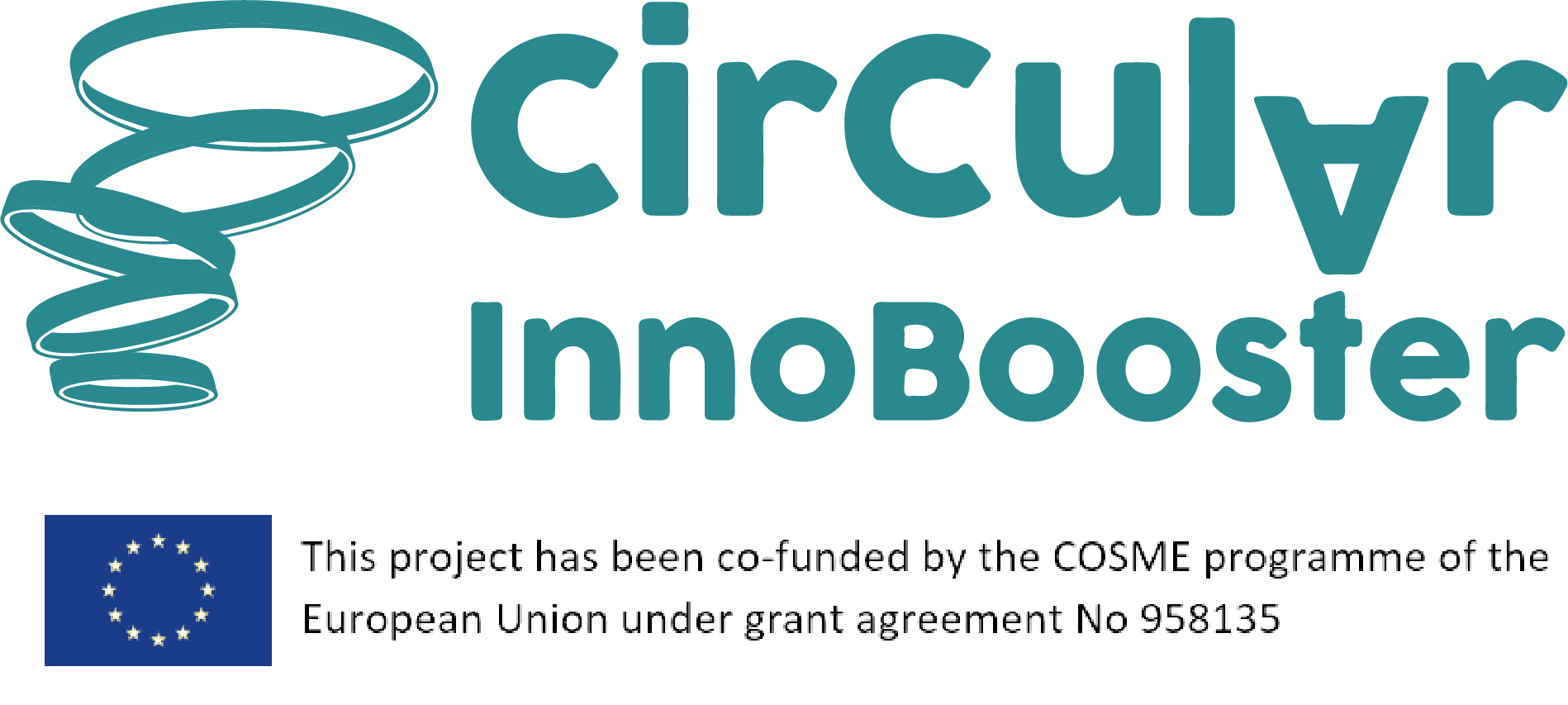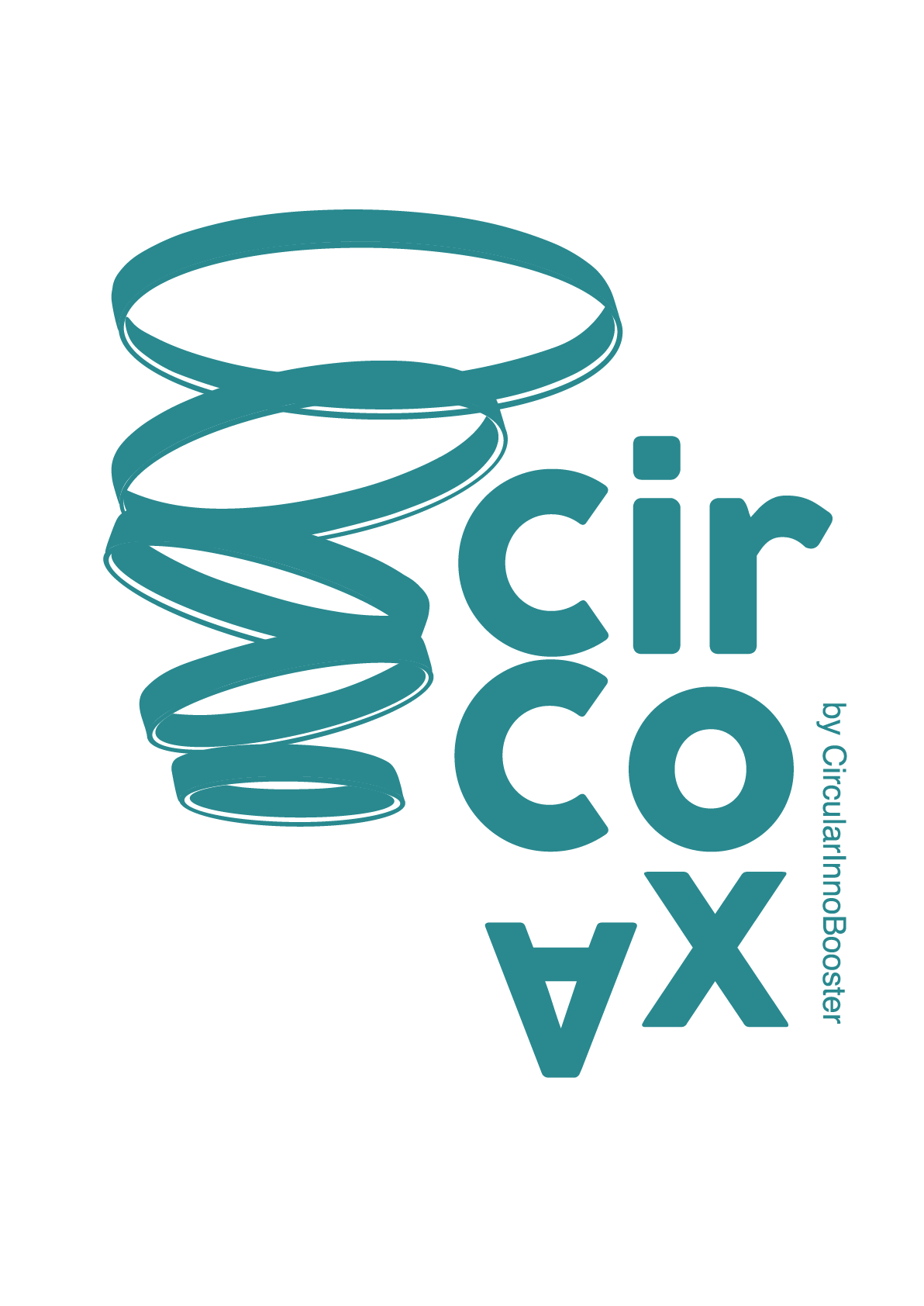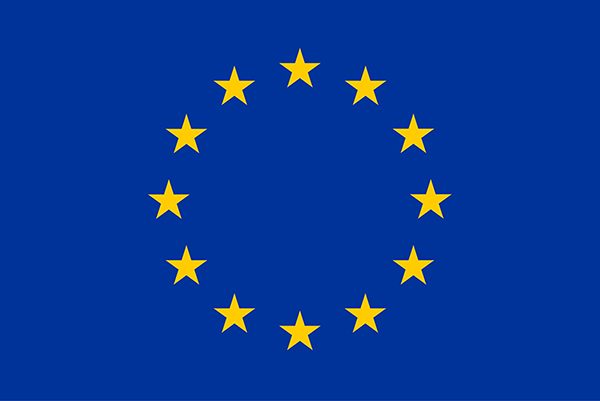GREENWASHING
Greenwashing is the process of conveying a false impression or providing misleading information about how a company´s products are more environmentally sound.
The term was coined in 1986 by the environmentalist Jay Westervelt to denote those brands or companies that claimed to be more eco-friendly than they really were. Companies take advantage of a lack of transparency and powerful marketing campaigns to whitewash their dubious practices.
The increasing abundance of information makes the public more aware of what they consume, where products come from, who makes them and what their effects are on the environment. A more environmentally conscious society makes many brands want to join this movement, but not necessarily change to conform to these new standards. Here is where greenwashing comes
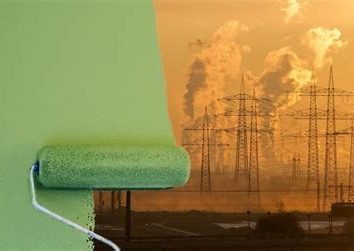
Many companies have been able to take advantage of the legal vacuum hidden by terms such as “eco”, “green”, “bio” or “natural” and of the over-information that sometimes makes it difficult to find out when products really are what they promise.
Video “Everything You Need to Know About Greenwashing” By Now This Earth
Fast fashion can never be sustainable
Lately, large fast fashion franchises are launching sustainable campaigns and collections. However, it is important to know how to discern between a real commitment and a facelift while maintaining the usual production rhythm of the rest of the products.
We must have a critical eye and ask ourselves who has manufactured the garments, where they come from, in what quantities they are sold (fast fashion brands release up to one trend per week), what happens to unsold garments and a long etcetera.
Certified labels to spot sustainable garments
A clear proof that the garments we are consuming are sustainable is through certified labels, rather than ambiguous words without any proof of what they say.
Global Organic Textile Standard (GOTS)
It leads standard setters to define world-wide recognised requirements for organic textiles. From the harvesting of the raw materials, environmentally and socially responsible manufacturing to labelling, textiles certified to GOTS provide a credible assurance to the consumer.
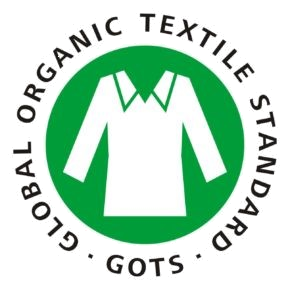
OEKO-TEX
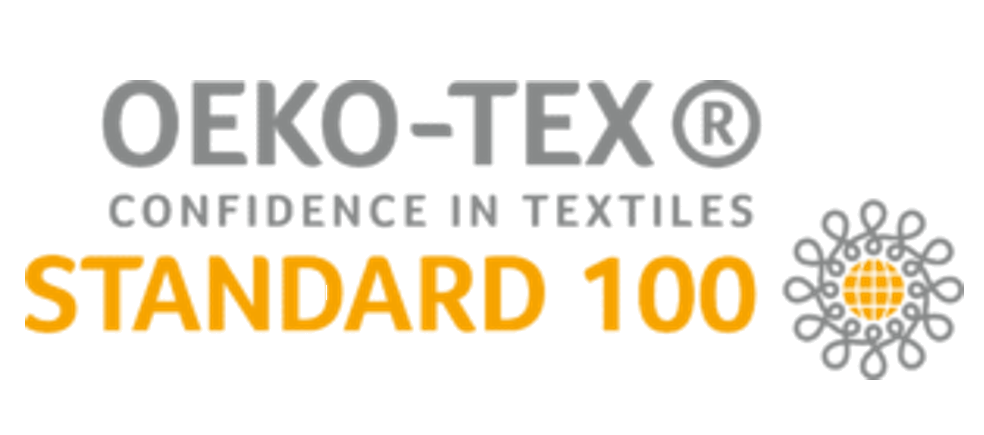
It enables consumers and companies to make responsible decisions which protect our planet for future generations. Consisting of 18 independent research and test institutes in Europe and Japan. They are responsible for the joint development
of test methods and limit values which form the basis for our standards.
Better Cotton Initiative (BCI)
The Better Cotton Initiative (BCI) is a global not-for-profit organisation and the largest cotton sustainability programme in the world. BCI exists to make global cotton production better for the people who produce it, better for the environment it grows in and better for the sector´s future.
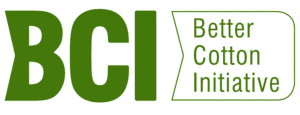
PETA-Approved Vegan
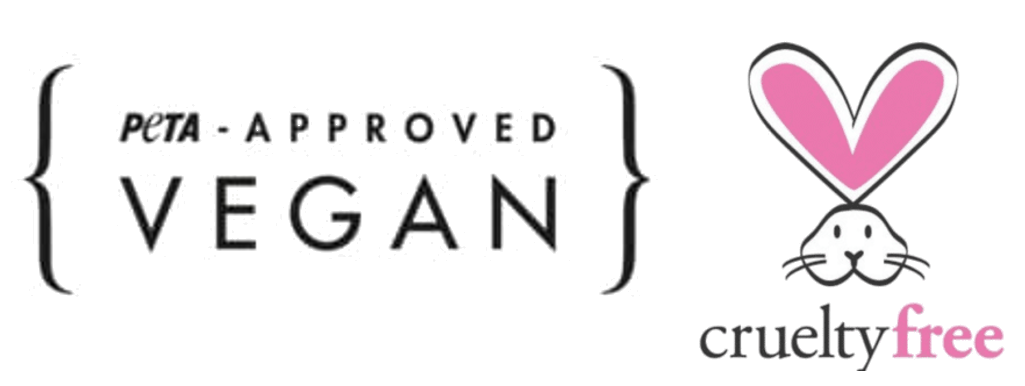
More than 1,000 companies are using the “PETA-Approved Vegan” logo to highlight clothing, accessories, furniture, and home décor items made of vegan alternatives to animal-derived materials such as leather, fur, silk, feathers, or
bone. It helps consumers identify vegan items at a glance while shopping and make purchases that align with their values.
Fairtrade International
Fairtrade´s approach enables farmers and workers to have more control over their lives and decide how to invest in their future. As a leader in the global movement to make trade fair, Fairtrade supports and challenges businesses and
governments while connecting farmers and workers with the people who buy their products.
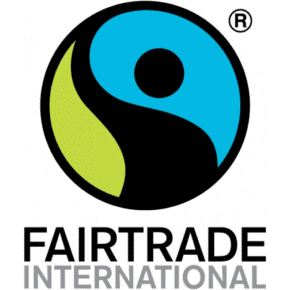
Read More
https://www.theguardian.com/sustainable-business/2016/aug/20/greenwashing-environmentalism-lies-companies
https://www.downtoearth.org.in/blog/environment/the-deception-of-greenwashing-in-fast-fashion-75557
https://ecocult.com/eco-friendly-ethical-sustainable-labels-certifications-clothing-fashion/
https://goodonyou.eco/how-can-you-tell-when-a-fashion-brand-is-greenwashing/
https://www.consciouslifeandstyle.com/how-to-identify-greenwashing/
